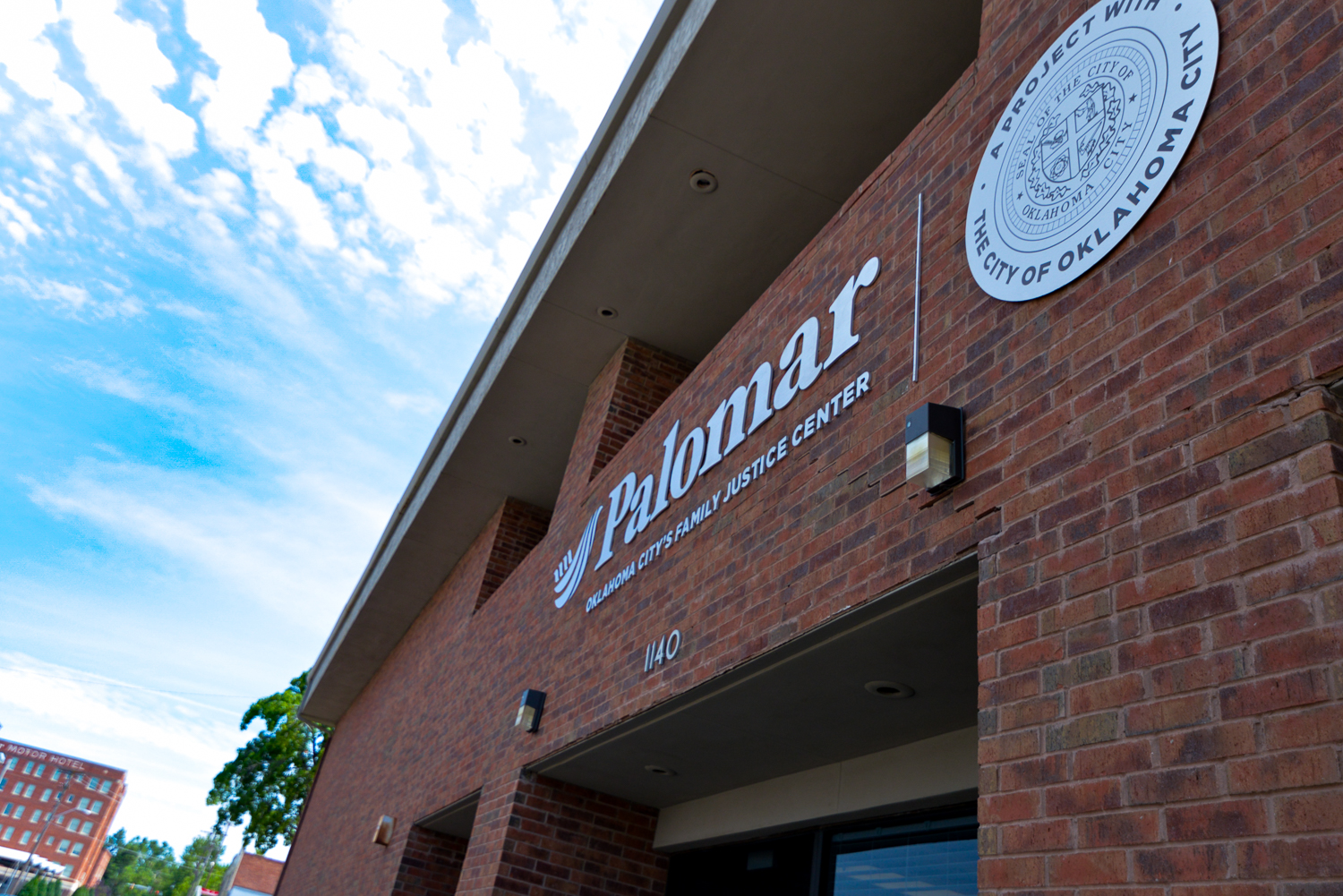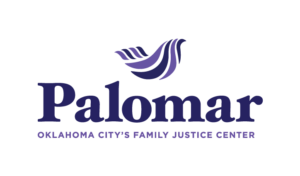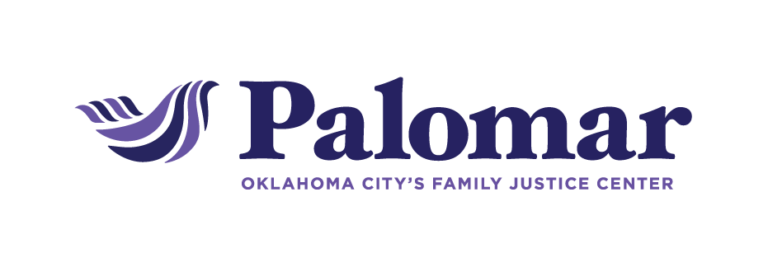The Oklahoman: Code School to empower survivors of sexual assault, domestic violence, human trafficking
By Darla Slipke
Published: July 28, 2019

Click here to read the story!
Oklahoma City’s family justice center is launching a coding academy to empower survivors of domestic violence, sexual assault and human trafficking.
The program, Ctrl+Shift Code School, is designed to equip survivors with education and training to pursue careers as software and web developers. Applications also are open to the public.
“If we can empower (survivors) to find a new career and one that means that they don’t have to ever depend on anybody else ever again, then we’ve given them something really special,” said Bekah Mercer, director of information technology and marketing for Palomar.
Palomar is a nonprofit organization that provides free, confidential assistance to survivors of domestic violence, sexual assault, stalking, human trafficking and elder abuse. Officials said the school will be the only full-time, immersive program of its kind in the community. Applications are still being accepted.
“It’s a totally new thing for Oklahoma City,” Mercer said. “We don’t have a code school like this.”
Abusers often use financial abuse to gain power and control in a relationship and to keep survivors trapped in the relationship. The abuse can take many forms, including withholding money, hiding assets, sabotaging work opportunities and running up large amounts of debt on joint accounts.
For many survivors, that financial abuse and dependence is a barrier to leaving, Mercer said. The abuse can continue even after a victim leaves through an abuser refusing to pay child support or forcing the victim into expensive, ongoing litigation in family courts. Those who escape an abusive situation often face barriers when trying to attain long-term security and independence because of ruined credit scores, sporadic work histories and legal issues stemming from the abuse, according to the National Network to End Domestic Violence.
The average salary for a web developer in Oklahoma is more than $60,000, according to the Bureau of Labor Statistics. Many of the applicants Mercer has interviewed earn less than half that amount. The program could increase the lifetime earning potential of some graduates by more than $1 million, Mercer said.
“That is not just changing the trajectory of that woman’s life, but that’s changing the trajectory of her children’s lives,” she said.
Mercer said starting the code school has been a dream for several years. It was made possible through an anonymous $50,000 donation. Palomar is seeking additional donations to help support the initiative, which the operators hope will eventually become self-sustaining.
Survivors who enroll in the school will pay nothing while they’re going through the program, but they will pay back a portion of the cost after graduation if they gain employment as a developer, Mercer said. Code school organizers are working to secure resources to help remove barriers that might prevent participants from enrolling in school full time. The assistance offered will depend on each individual’s needs, Mercer said.
The public can enroll in the school for $7,500 if accepted to the program. Having people buy into the program, coupled with the pay-it-forward model for survivors, will help ensure the program is sustainable. It also will allow survivors to maintain anonymity as they go through the program.
Oklahoma ranks 11th in the nation for its rate of women murdered by men, according to an annual report by the Violence Policy Center. Nationally, an average of nearly 20 people per minute are physically abused by an intimate partner, according to the National Coalition Against Domestic Violence.
One in four women will be victims of serious domestic violence in their lifetime, Mercer said, and one in six women will be victims of sexual assault.
To develop the code school, Mercer put together a committee of people from the local tech community to provide input and guidance. Organizers are still finalizing details, but they anticipate the first group of students will begin class in September. Participants will attend classes full-time for four months and then complete a two-month internship.
“If we’re successful with this, it’s really a game-changer for Oklahoma City,” said Bobby Rockers, chief technology officer for Bison, an energy solutions company. Rockers is among the volunteers who have been involved with helping to develop the code school.
Rockers said he’s excited about the prospect of hiring code school students for internships or jobs. If a fraction of the clients Palomar serves graduate from the program and become software developers, the impact to the community would be significant, he said.
“Oklahoma City has always kind of had its financial roots in government, to some extent in biotech, and obviously in energy,” he said. “To be able to actually add technology into that space, that’s the kind of thing that this could do. … I don’t know of any other program that’s like it.”
To learn more about the program or to apply, visit ctrl-shift.dev.


